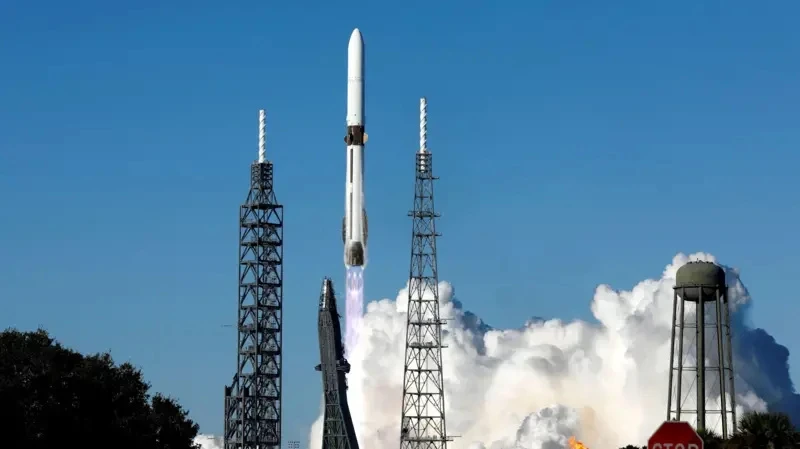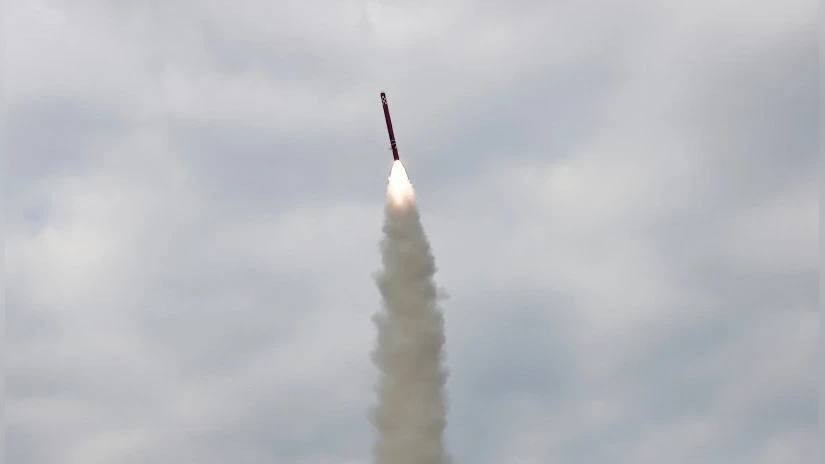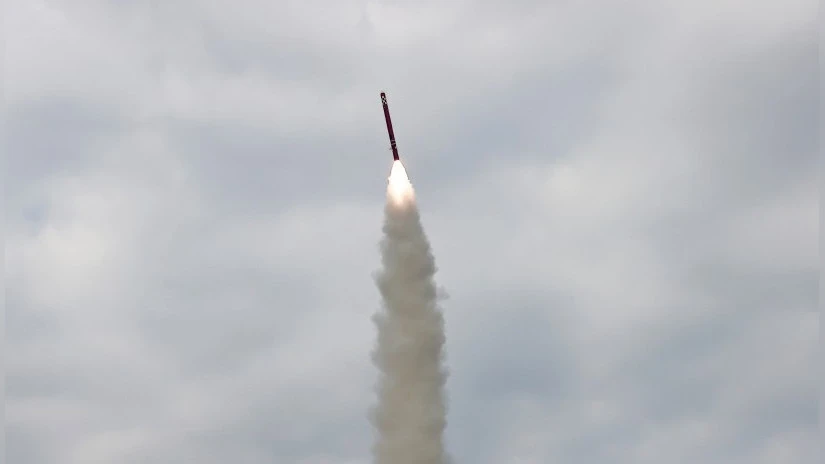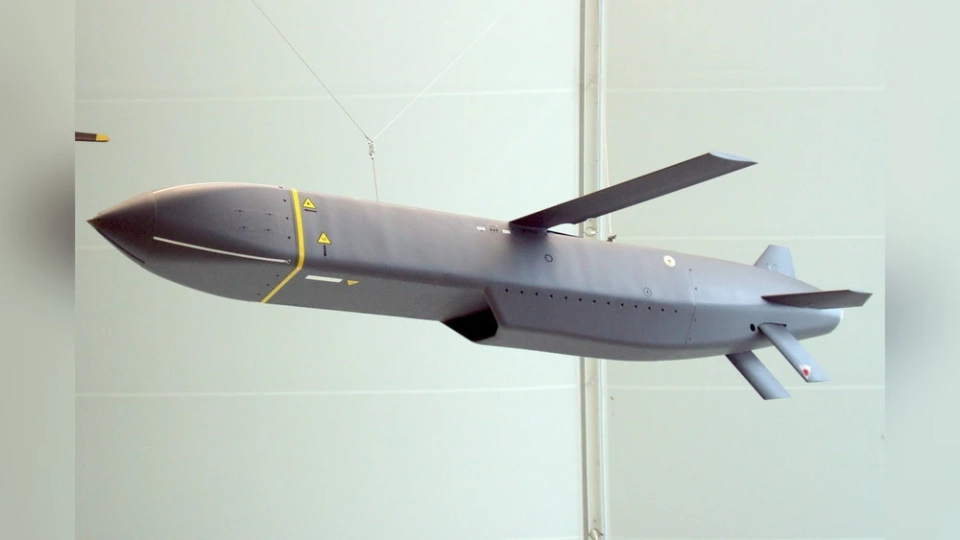
The New Glenn rocket during launch. Photo by Reuters.
According to information from the "Russian service of the BBC," the rocket launch took place at the Kennedy Space Center, located at Cape Canaveral, Florida. This event was significant not only due to the successful launch but also because of the return of the rocket's first stage to Earth.
The giant booster, named Never Tell Me the Odds (a phrase spoken by Han Solo from "Star Wars"), landed on a floating platform in the Atlantic Ocean 10 minutes after launch. This event marked the second launch of New Glenn in the company's history.
Previously, only Elon Musk's SpaceX had achieved the reuse of rockets, significantly reducing the cost of space transportation with its Falcon rocket.
In January of this year, the first launch of New Glenn ended in failure—the booster was lost, but now experts hope for stable launches with the reuse of the upper stages.
The name of the New Glenn rocket was given in honor of John Glenn, the first American astronaut to orbit Earth more than 60 years ago.
This mission to deliver NASA satellites became Blue Origin's first commercial initiative in the field of space transportation.
On board the rocket are two satellites named Blue and Gold, which are expected to reach Mars in 2027 and begin studying the space weather in its vicinity.
According to Reuters, the satellites' equipment will record the interaction of the solar wind with Mars' magnetic field, helping scientists better understand how this affects the planet's atmosphere.
The launch is scheduled for the fall of 2026, when Earth and Mars will be in an optimal position relative to each other, allowing the rocket to "push off" from Earth's gravity and begin its journey to the Red Planet.
This approach to launching could facilitate more frequent missions to Mars, as it does not require waiting for a suitable "window" for launch, which opens approximately every two years.
Compared to SpaceX's Falcon 9, the New Glenn rocket has greater power and can carry more satellites, making it a key element in the Kuiper project. This project aims to deploy thousands of satellites to provide broadband internet, competing with Musk's Starlink service.
However, SpaceX's new Starship rocket has higher power and payload capacity, which raises questions about New Glenn's leadership in the market.
Some analysts believe that the success of New Glenn could lead to increased competition between Blue Origin and SpaceX, which in turn could lower the cost of space operations.






















